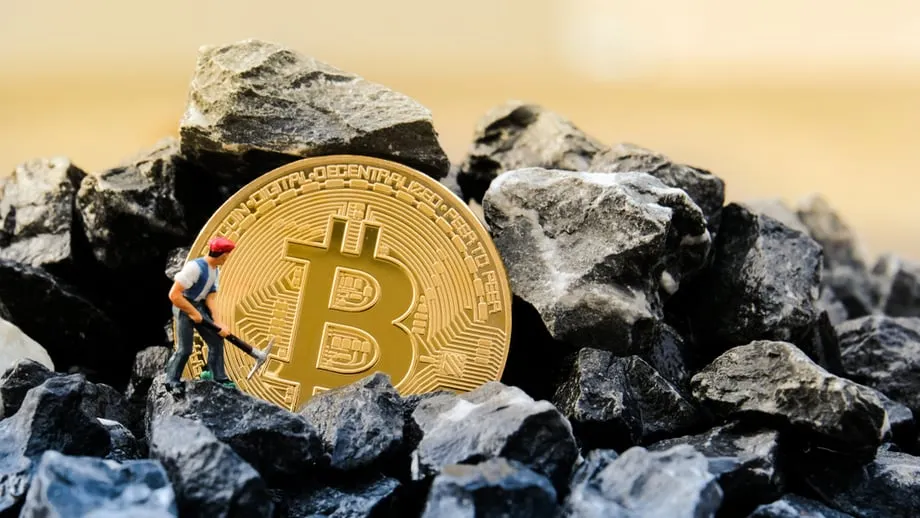An unknown, standalone Bitcoin miner scored $180,000 on Tuesday, defeating overwhelming odds to mine one of Bitcoin’s latest blocks.
According to mempool.space, block 860749 was mined by Solo CK—a unique mining pool that doesn’t split mining rewards between its participants. That means one miner won a full 3.169 BTC (worth about $181,000 as of writing) for their efforts, inclusive of Bitcoin’s full block subsidy and the block’s transaction fees.
ANOTHER solo miner mining a #Bitcoin block and claiming that reward. What's up with the solo miners lately? https://t.co/dc5NLKuAyv
— Christopher Inks (@TXWestCapital) September 10, 2024
The achievement is extra impressive given that Bitcoin’s hashrate continues to tap all-time highs, meaning the mining industry is more competitive than ever. Furthermore, with Bitcoin’s price sagging over the past several months, the inconsistency of solo mining has become increasingly economically risky.
At a basic level, Bitcoin mining is a lottery where the more electricity one user consumes, the more likely they are to mine Bitcoin’s next block and earn its BTC rewards. While those users with many energy-intensive computers bolster their odds, periods can strike where solo miners can hit or miss far more blocks than they statistically should.
Most miners—including publicly traded corporate miners with ultra-efficient mining fleets—opt not to solo mine. Instead, they pool their hash power around a single hyper-successful mining node and split its rewards between themselves based on hash-rate contribution.
According to Hashrate Index, FoundryUSA and Antpool—the two largest mining pools—collectively provide 60% of Bitcoin’s hashrate alone. Meanwhile, Solo CK, which is solely designed to provide user anonymity and manage the overhead costs of running a node, doesn’t even make the list of the largest miners.
Yet solo miners have been on an unusual hot streak as of late. The last block mined by a lone wolf was less than two weeks ago at Block 858978, with the winner scoring over $200,000 in rewards. Another was mined in late July at Block 853742 for a similar payout.
According to VanEck Digital Assets Research Lead Matthew Sigel, while Bitcoin’s hashrate is back on the rise, power costs for miners may be down right now due to lower electricity costs as the U.S. moves away from its power-hungry summer months.
“If mining costs remain low, miners may be less motivated to sell their Bitcoin holdings, reducing selling pressure on the market,” he wrote to Twitter on Tuesday.

